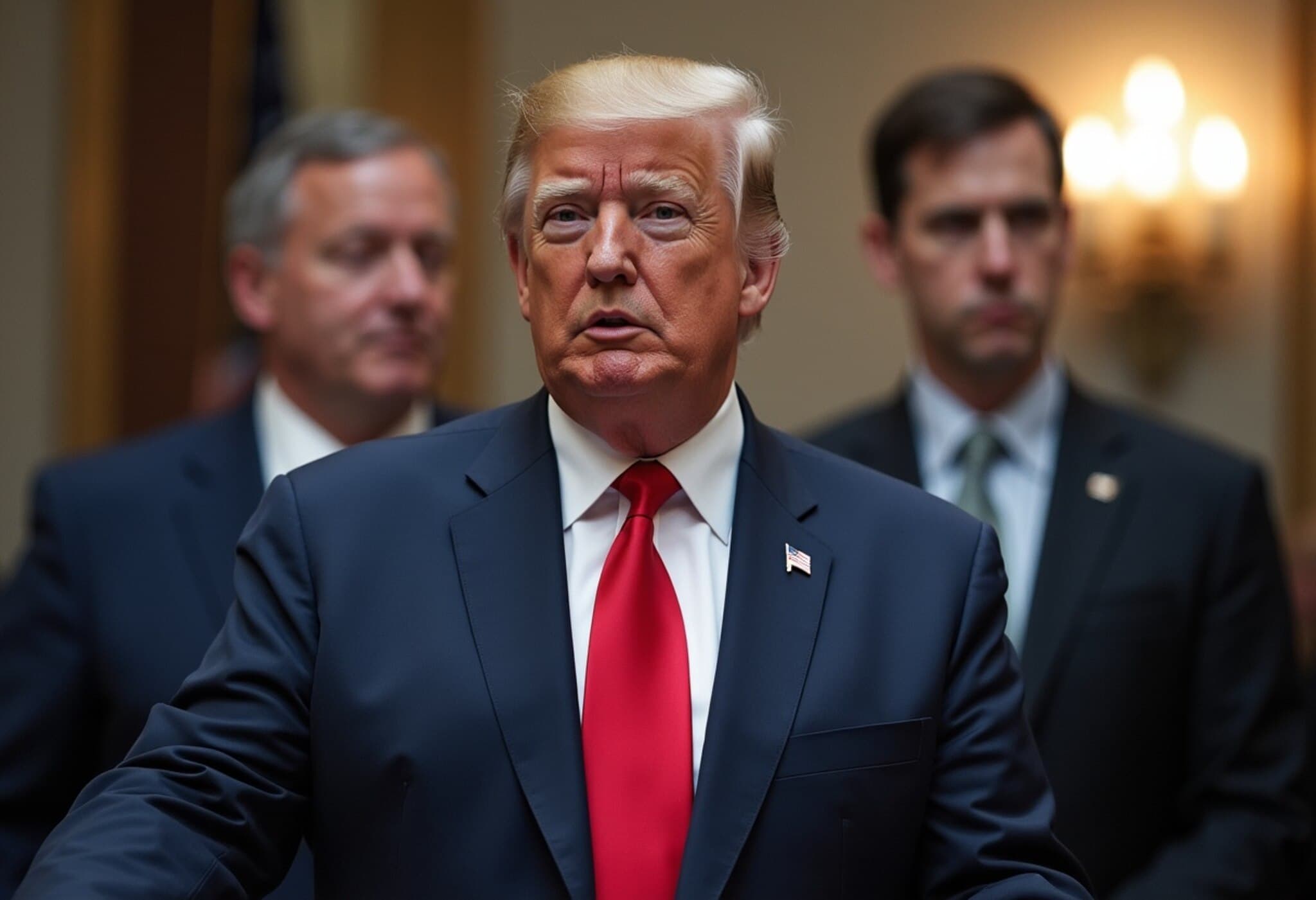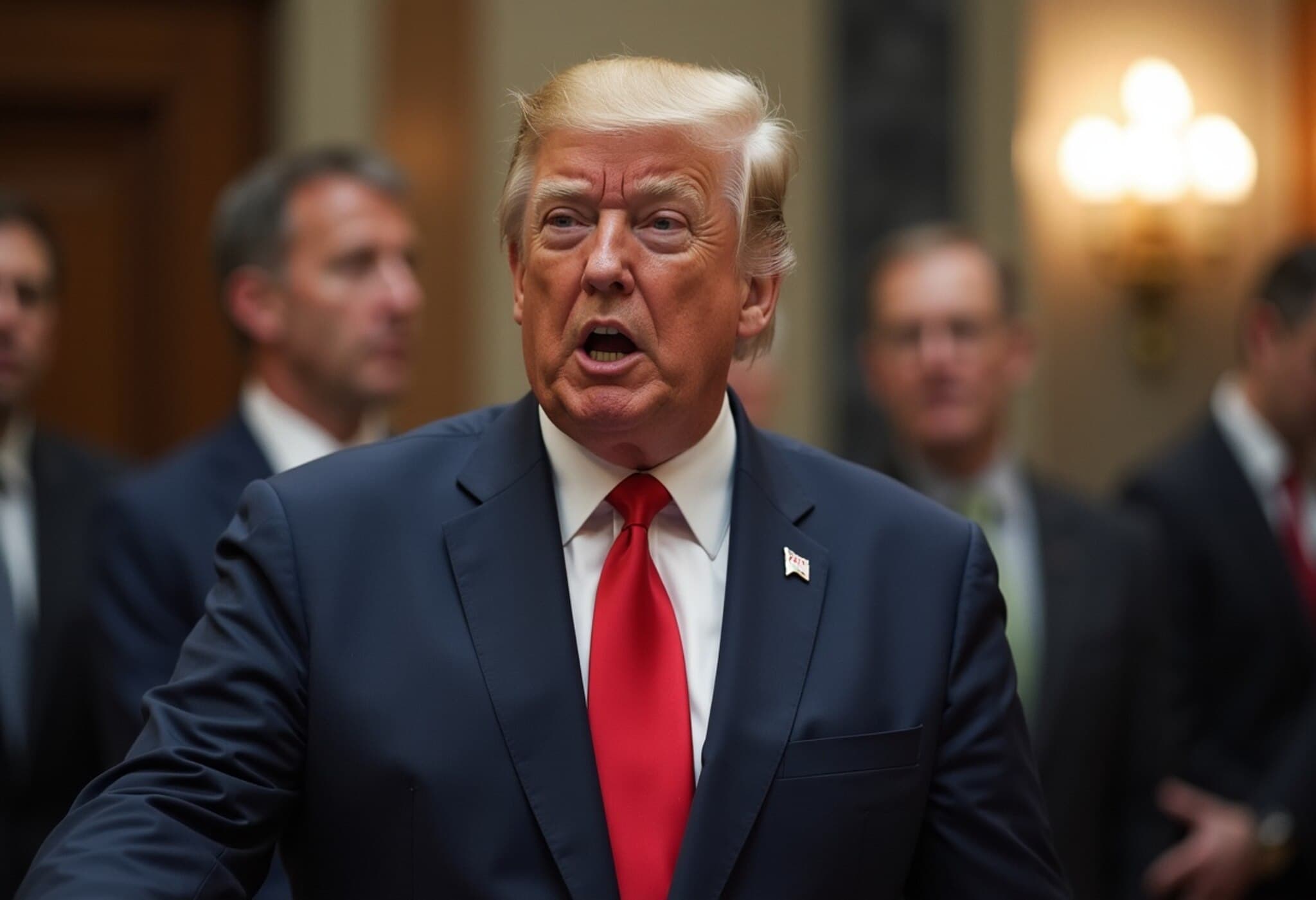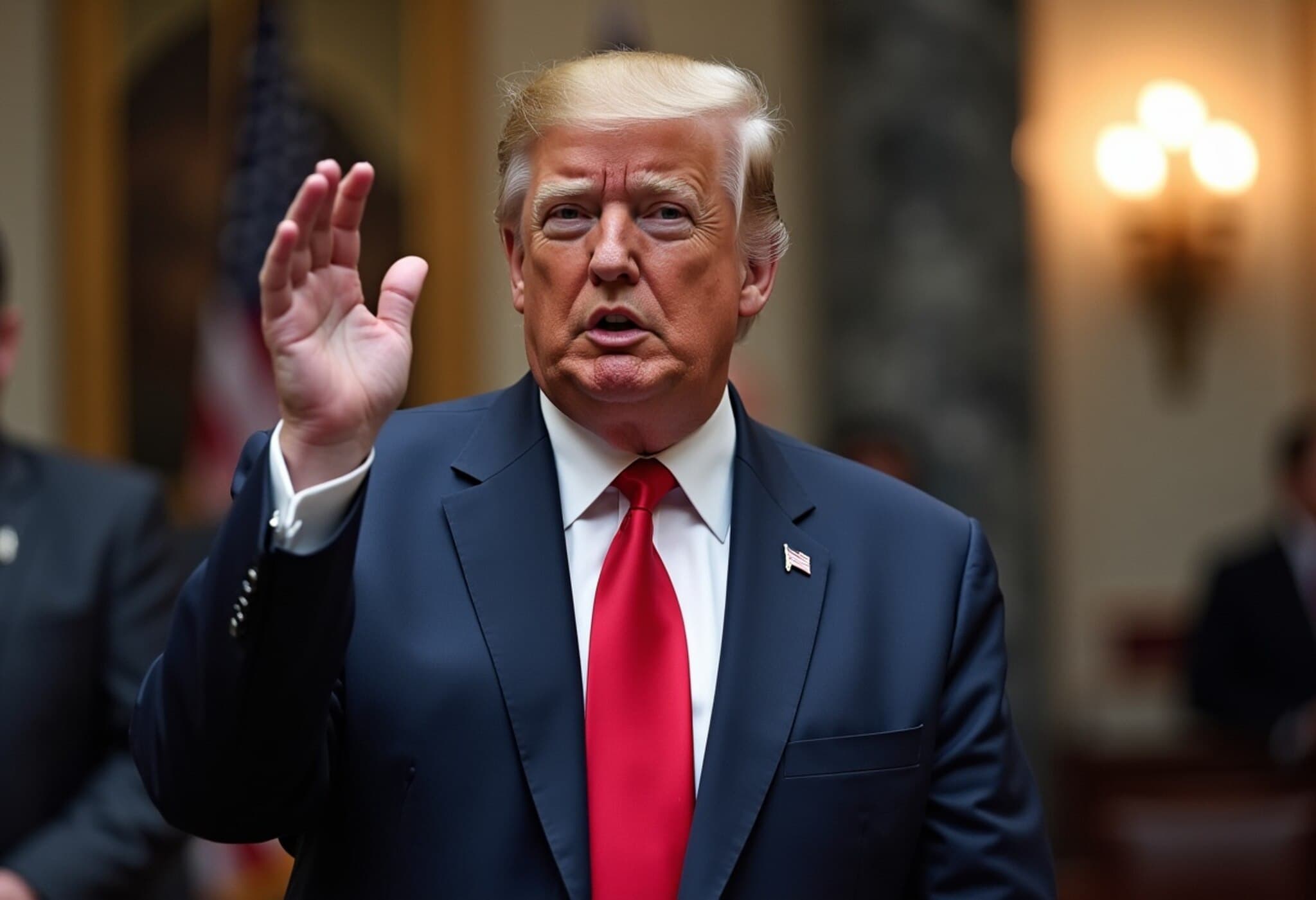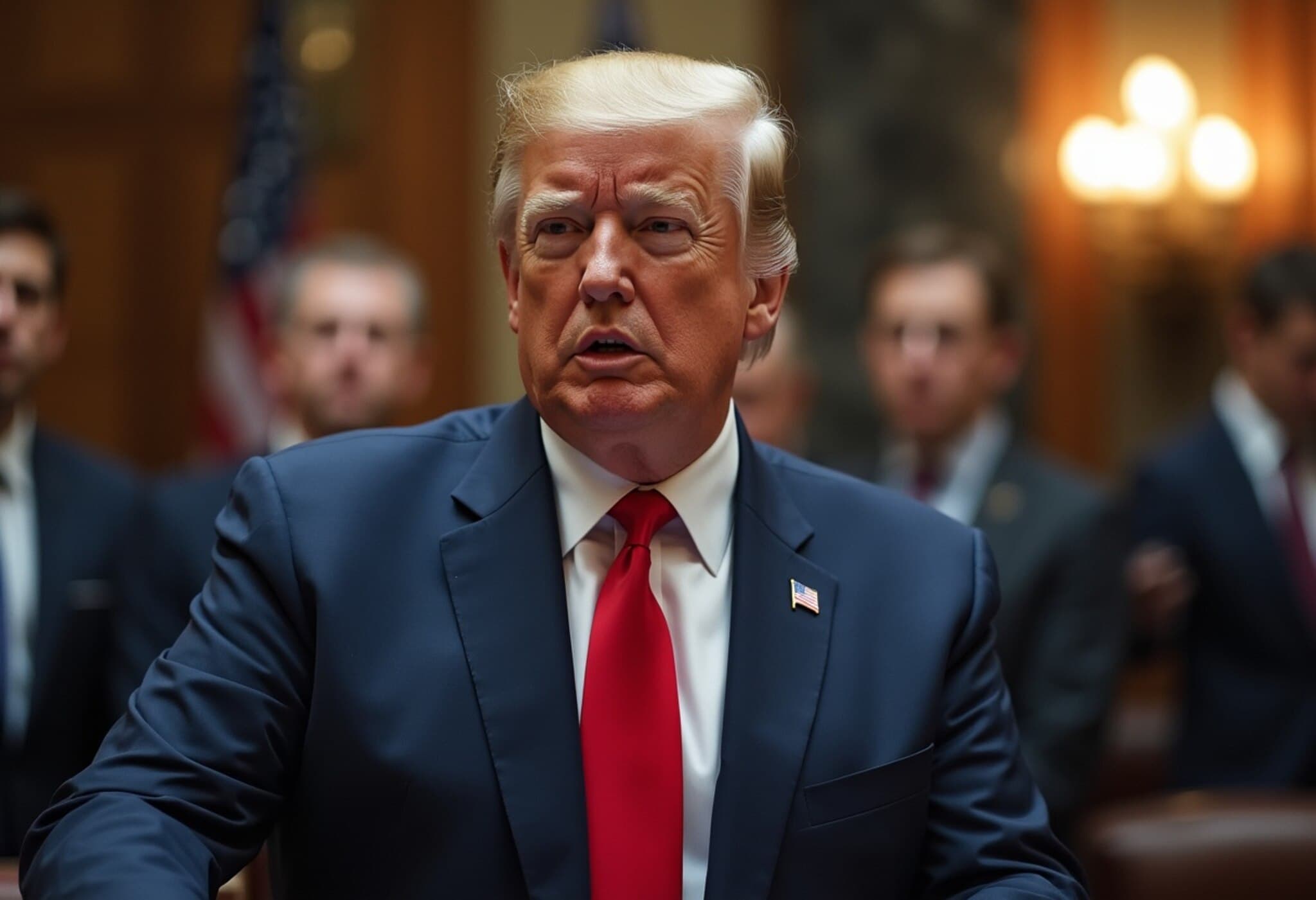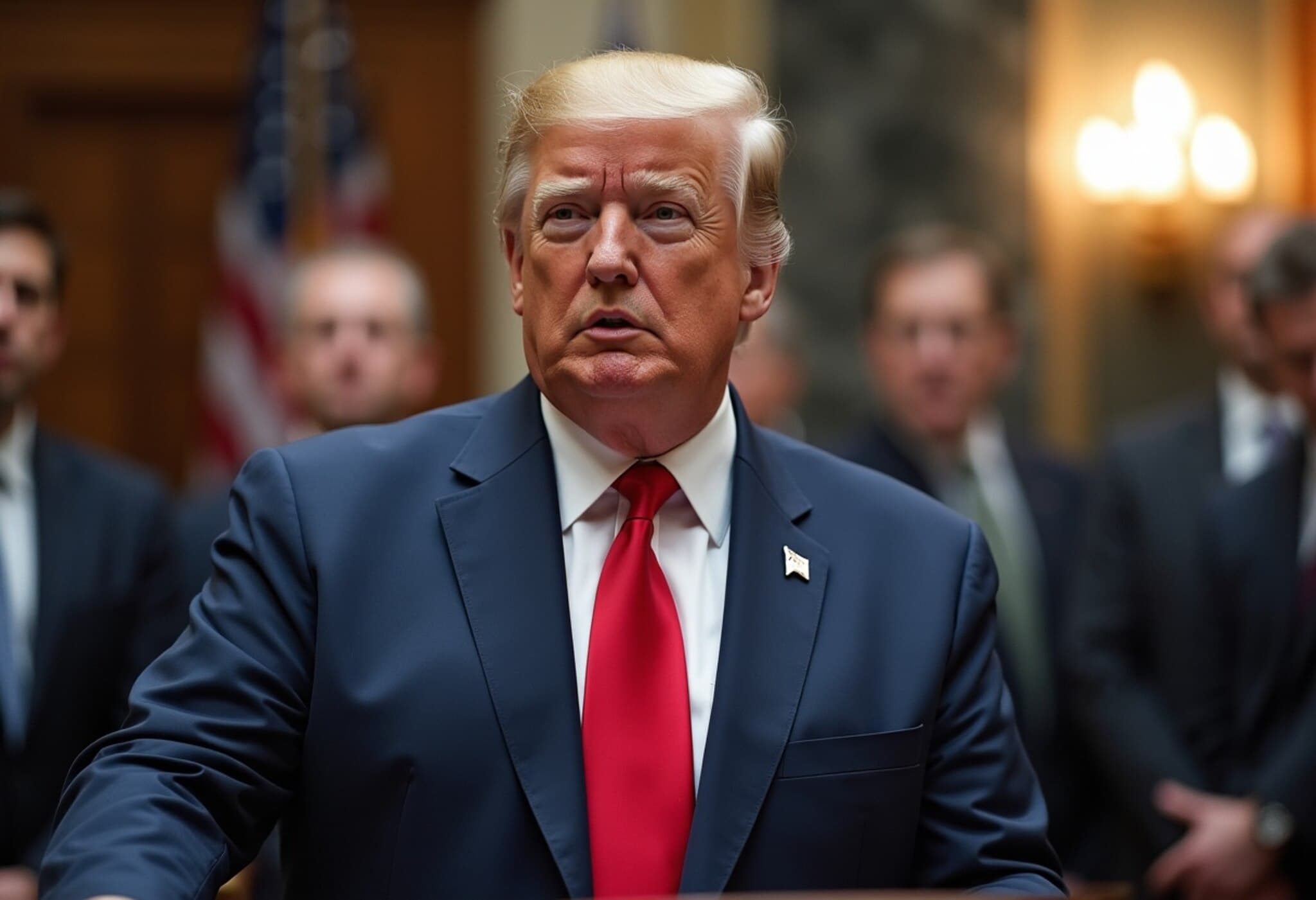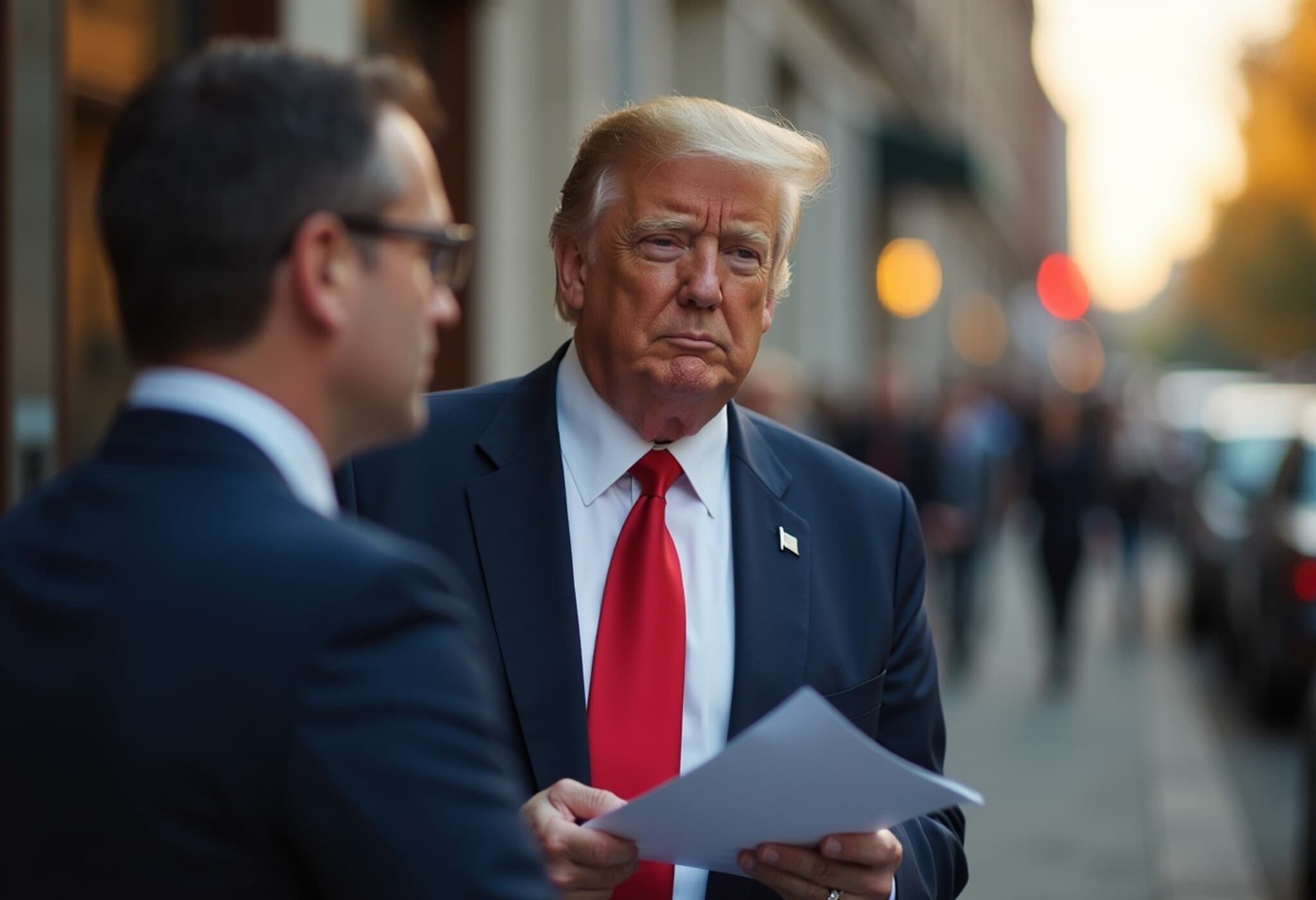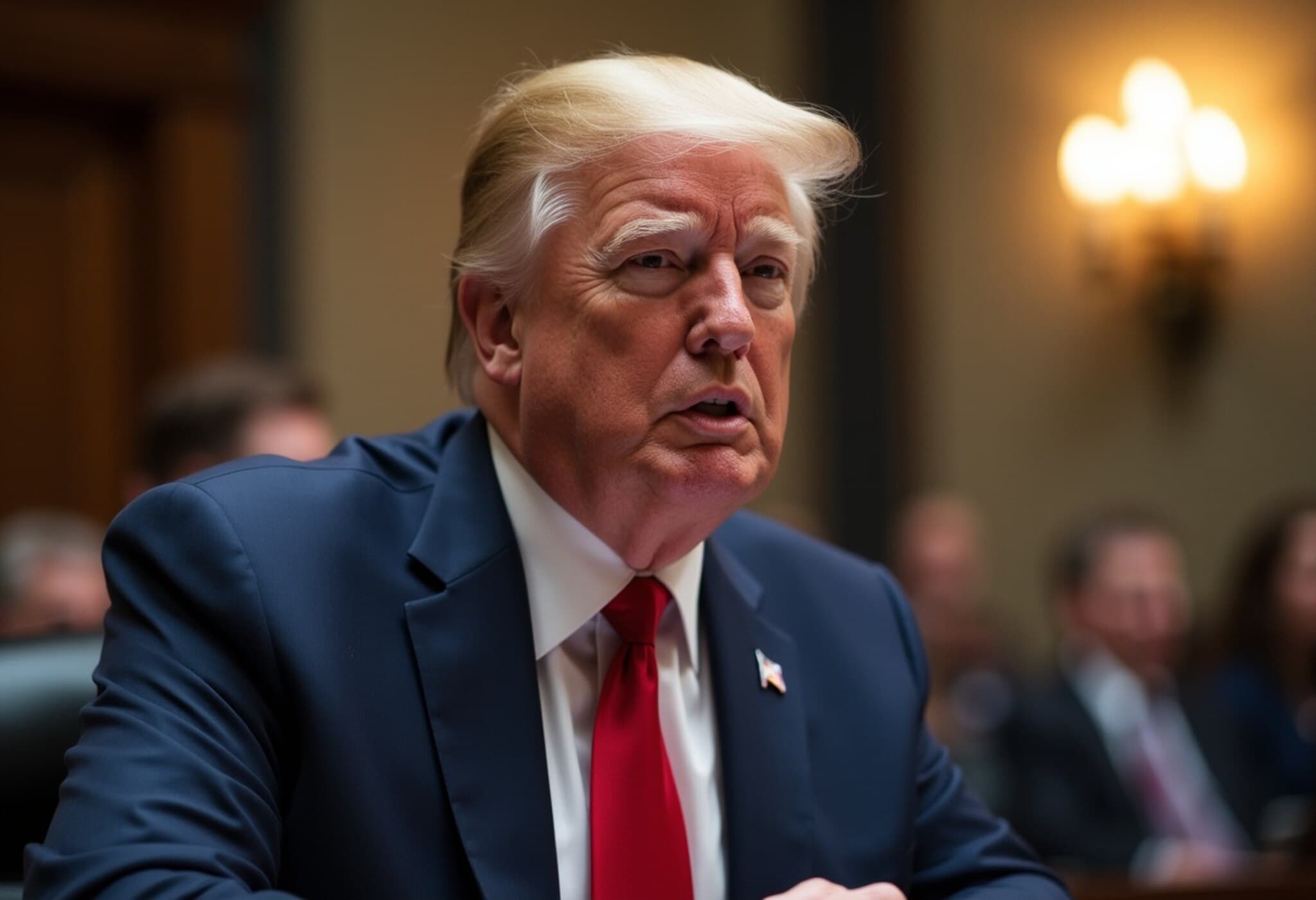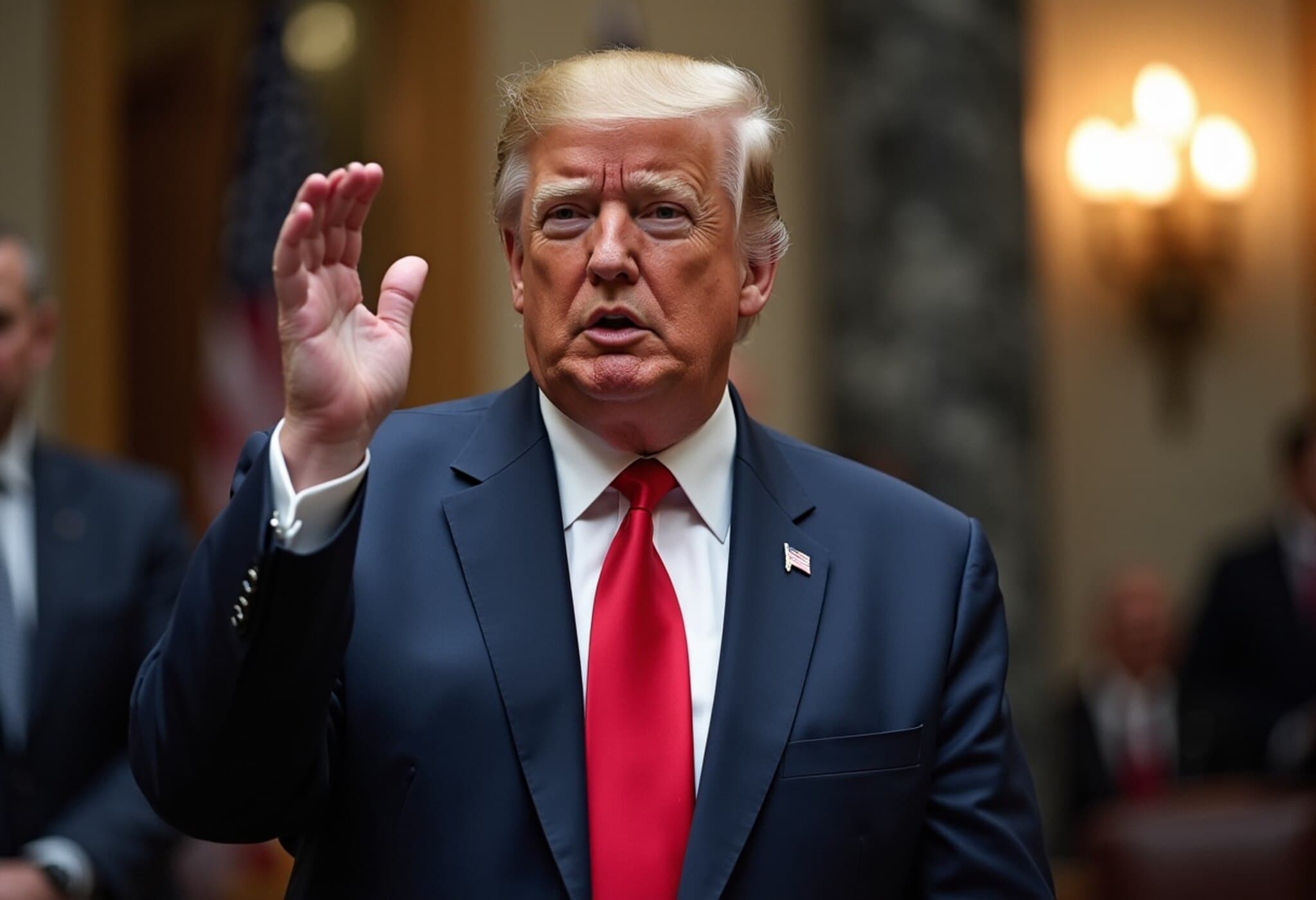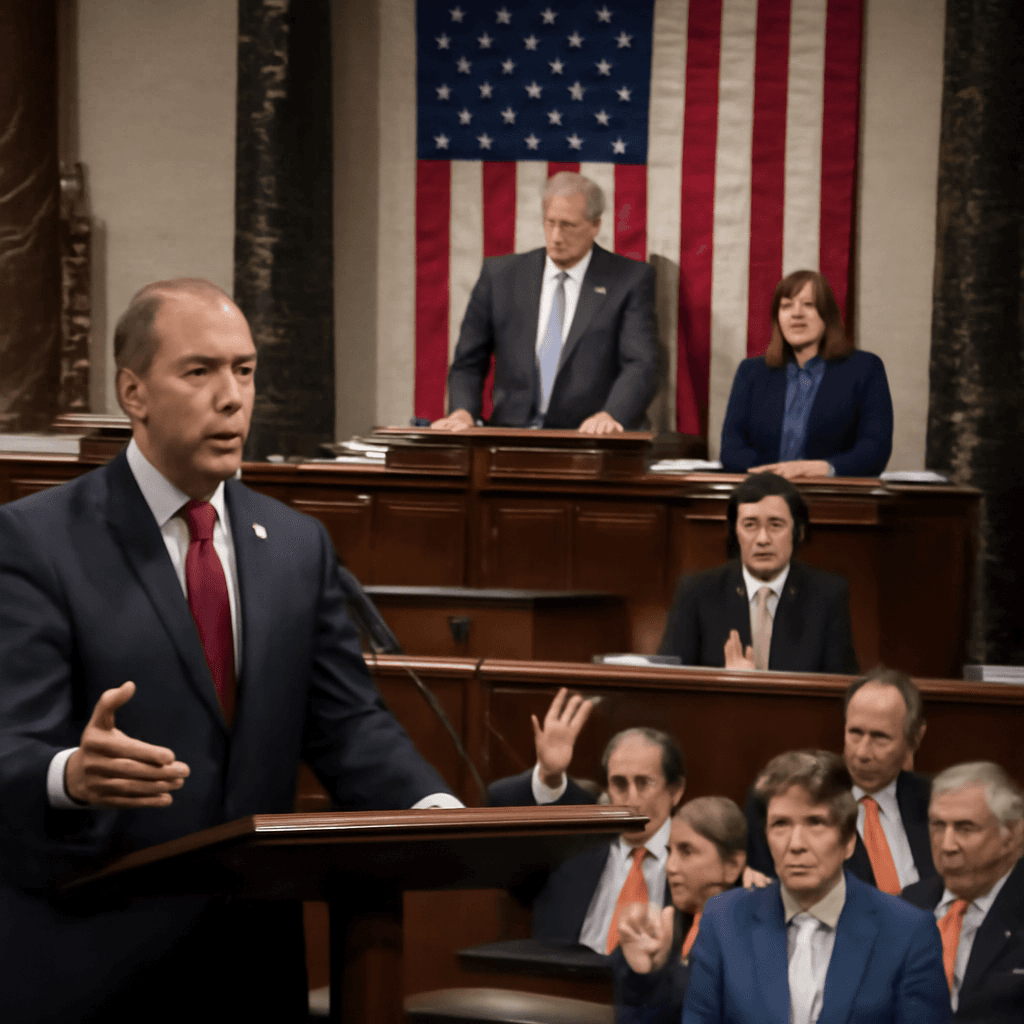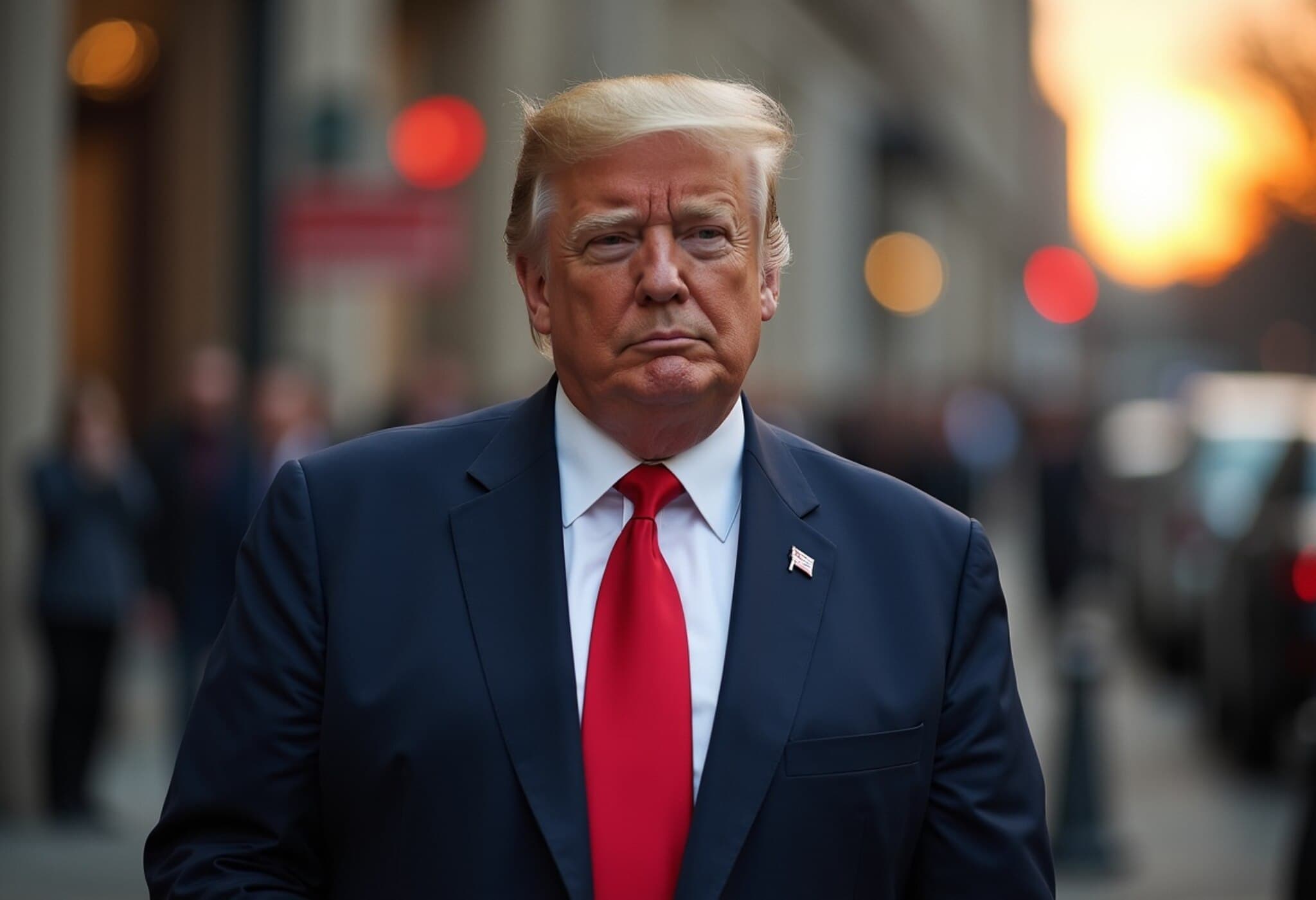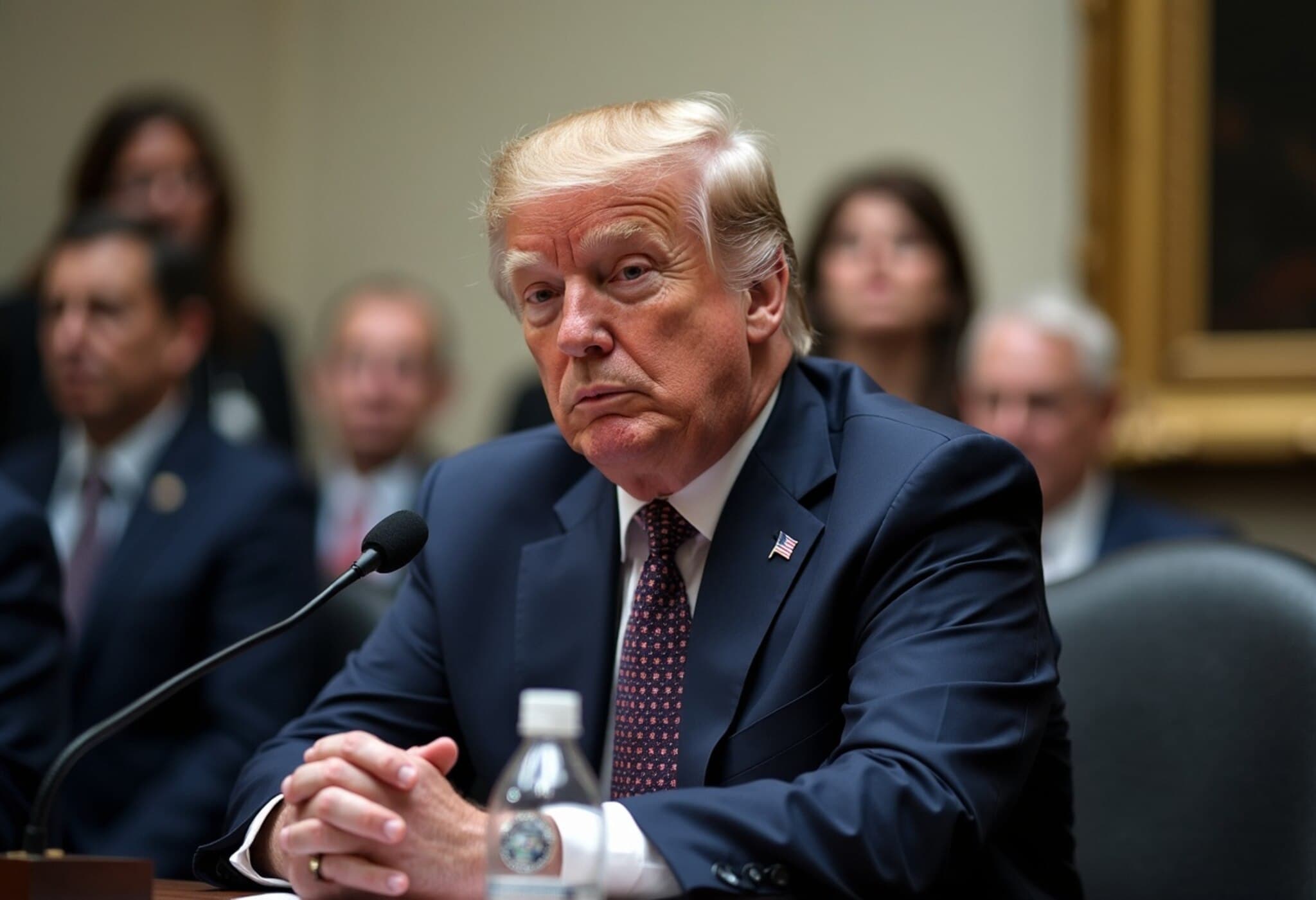Growing Rift on Capitol Hill Over Trump’s Legislative Agenda
Senate Republicans find themselves at odds amid mounting debates over former President Donald Trump’s ambitious legislative package, informally known as the “One Big Beautiful Bill.” The latest draft, crafted by the Senate Finance Committee, calls for increasing the nation’s borrowing cap by a staggering $5 trillion — notably $1 trillion higher than the House’s version — setting the stage for a looming showdown between the two chambers.
Senate Republicans Voice Unease Despite No Formal Opposition
Following a closed-door Senate briefing, most Republican senators refrained from publicly rejecting the bill. However, whispers of doubt and mounting unease suggest the proposal might struggle to secure enough votes to pass. With Senate Majority Leader John Thune needing to limit losses to only three Republican senators, the path forward appears fraught with challenges. No firm commitments against the bill have surfaced so far, but the underlying skepticism signals a difficult legislative journey ahead.
House and Senate Divide on Key Policy Elements
The gulf between the chambers is most evident in their divergent fiscal and healthcare stances. The Senate measure proposes more stringent alterations to Medicaid, including tightening eligibility standards beyond the House’s approach. Moreover, the Senate bill retains the existing $10,000 cap on state and local tax (SALT) deductions, frustrating moderate House Republicans from higher-tax states who successfully negotiated a raise to $40,000 in their chamber's bill.
Additionally, the Senate version advocates phasing out green energy tax credits and cementing the corporate tax cuts from 2017, reflecting Trump’s earlier policies. It also seeks to protect tipped workers’ incomes from federal taxes, fulfilling a key campaign promise.
Healthcare Cuts Spark GOP Backlash
Perhaps the most contentious element is the planned reduction of healthcare provider taxes in Medicaid expansion states—from 6% down to 3.5% by 2031. Critics argue the existing tax framework allows states to inflate federal reimbursements artificially, a practice some Republicans deride as a form of “money laundering.” Yet, slashing these provider taxes risks creating budget deficits in state Medicaid programs, threatening hospital funding, especially in Republican-led states.
Furthermore, the Senate bill would bar non-expansion states from increasing provider tax rates to chase federal dollars. Staffers indicate this draft moves further in tightening Medicaid’s eligibility criteria compared to the House bill, a measure cautiously backed by the White House to curb program abuse while maintaining Trump’s promise to safeguard federal health benefits.
Massive Medicaid and CHIP Cuts Raise Alarm
The Congressional Budget Office estimates that the House version alone would slash approximately $863 billion from Medicaid and the Children’s Health Insurance Program (CHIP) over the next decade. Such steep reductions are expected to trigger fierce debates within the GOP and attract significant public scrutiny from healthcare advocates and state governments alike.
Heightened Security Concerns Amid Capitol Hill Tensions
Besides policy wrangling, lawmakers are increasingly alarmed over safety. Following tragic shootings involving two Minnesota state legislators and their spouses, which claimed two lives, members from both parties are pushing for enhanced security protocols for themselves and their families.
Ongoing discussions among House and Senate leaders, U.S. Capitol Police, and security officials are underway to address these concerns, reflecting the tense atmosphere permeating Capitol Hill as legislative battles intensify.

